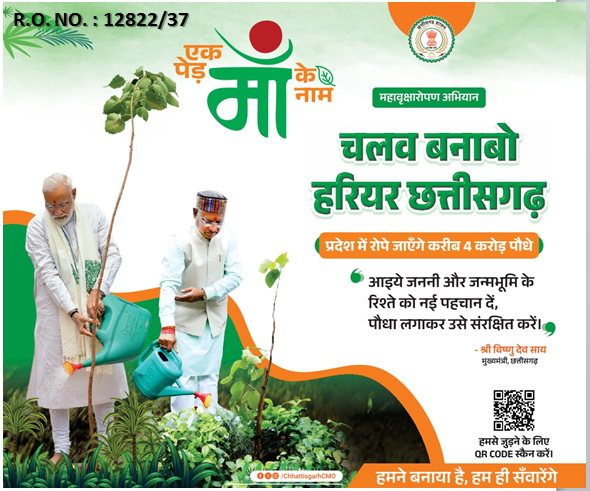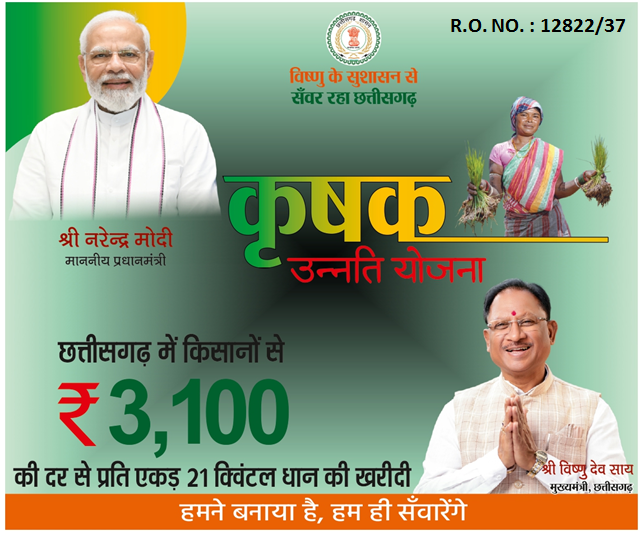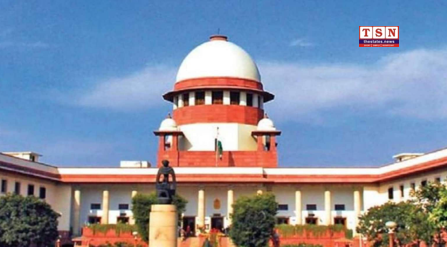New Delhi (thestates.news)| The Supreme Court Friday upheld the Institute of Chartered Accountants Of India (ICAI) rule which had barred the chartered accountants from accepting more than the “specified number of tax audit assignments”. A Bench comprising Justice BV Nagarathna and Justice Augustine George Masih upheld the rule issued by the ICAI barring Chartered Accountants from accepting more than the “specified number of tax audit assignments” (at present, the upper limit is set at 60) in a financial year.
The Bench held that the rule (para 6.0 of Chapter VI of the Council Guidelines No. 1-CA(7)/02/2008 issued on August 8, 2008, and the subsequent amendments) are not violative of the fundamental right to practise profession guaranteed under Article 19(1)(g) of the Constitution.
The Court also held that the clause will be effective from April 1, 2024.
It quashed the disciplinary proceedings initiated against the petitioners based on the doctrine of legal uncertainty, the bench said.The Court also held that the ICAI will be at liberty to enhance the number of audits that a CA can undertake.
Senior Advocate Paramjit Singh Patwalia appeared on behalf of the petitioners.
The matter pertains to that in 1988, the Council of the Institute of Chartered Accountants of India issued a notification prohibiting members from accepting more than the specified number of tax audit assignments under Section 44AB of the Income-tax Act in a financial year.
In the case of a Chartered Accountant firm, this limitation would apply to each partner. It was categorically stated that non-compliance with the said provision would result in the delinquent member being held guilty of ‘professional misconduct’.
In 2006, the Chartered Accountants Act, 1949 was amended by the Parliament, after which the said notification was superseded by Guidelines issued on August 8, 2008.
These guidelines were challenged in several writ petitions filed in different high courts across India.
In some petitions, disciplinary proceedings initiated on the strength of the impugned guidelines have also been challenged.
Since conflicting judgements have been rendered on the subject, in 2020, the Supreme Court accepted an application moved by the Institute to transfer all the petitions to itself for a final and conclusive determination of the issues involved. (UNI)
Saturday, July 27, 2024
SC upholds ICAI rules limiting CA’s to undertake limited audits per year
R.O. NO. : 12822/37





hardik pandya new
result (neet)



VIDEO
- "Agneepath: A Pivotal Initiative for Revitalizing the Army"
- Stay Vigilant to Prevent Losses from Heavy Rain; Prioritize Childrens Safety: CM Dr. Yadav
- Indian Army is one of the best armies in the world: Chief Minister Dr. Yadav
- Shri Prabhat Jha lived an ideal life
- Labour Minister Shri Prahlad Patel for wage revision of workers in every five year
Recent Posts
- Governor attends 165th Income Tax Day Celebrations
- Kalinga University signs MoU with Bhakt Mata Karma College for fostering Academic Cooperation
- Jandarshan scheduled for July 25 postponed
- Michelin Star Chef Vikas Khanna releases ‘Pinky Ka Basta’ with EkDesh
- Nagarjuna’s triumphant return in ‘Naa Saami Ranga’
Recent Comments
No comments to show.
© 2024 The States News - Design by Rahul 9407771000.






